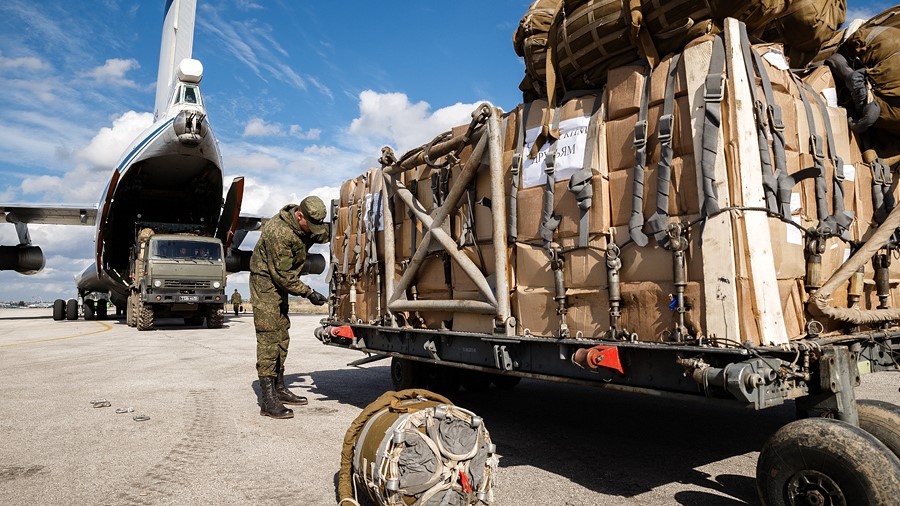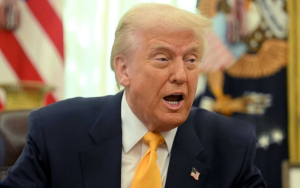Russian military convoy blocked from entering Syria’s Tartus base.
Others are reading now
A Russian military convoy was reportedly denied entry to a base in the Syrian port city of Tartus by Syria’s transitional government’s Ministry of Defense.
According to Turkish outlet TRT, a convoy of 30 military vehicles carrying missile systems departed from Khmeimim Air Base in Latakia province early in the morning. However, upon reaching a checkpoint in Tartus, the convoy was halted and prevented from proceeding further.
After an eight-hour standoff, Russian forces were ultimately forced to turn back and return to Khmeimim Air Base by around 17:00 local time.
The incident comes amid growing uncertainty over the future of Russia’s military presence in Syria. Syrian Defense Minister Murhaf Abu Qasr recently stated that the status of Russian bases in the country would depend on their strategic benefit.
Also read
“If it benefits Syria, then yes,” he said.
Reports have also suggested that Russia has begun withdrawing its forces from Tartus. Satellite imagery from late January showed military equipment being loaded onto cargo ships Sparta and Sparta II, which are operated by the Russian company Oboronlogistika.
The Strategic Importance of Tartus
Tartus, Russia’s only naval base outside the former Soviet Union, has long played a critical role in Moscow’s military and geopolitical strategy.
First utilized by Russia in 1977, the port became a key logistics hub during Russia’s military intervention in Syria in 2015, supporting operations with advanced missile systems and facilitating arms shipments to the Bashar al-Assad regime.
Additionally, the base allowed Russia to monitor NATO movements in the Mediterranean and served as a launch point for Wagner Group deployments to Africa. With Turkey restricting military access to the Bosphorus Strait, Tartus provided a vital link to the Mediterranean, reinforcing Russia’s regional presence.
Earlier, Syria’s transitional government officially terminated a 49-year investment contract with Russia for the Port of Tartus, redirecting all revenues to the Syrian state.
The agreement, signed in 2019, required Russian investment in the port’s development, but Syrian officials cited unfulfilled commitments as the reason for the decision. Since then, the new administration has initiated rehabilitation efforts, reduced customs duties, and revised import regulations to improve efficiency.








